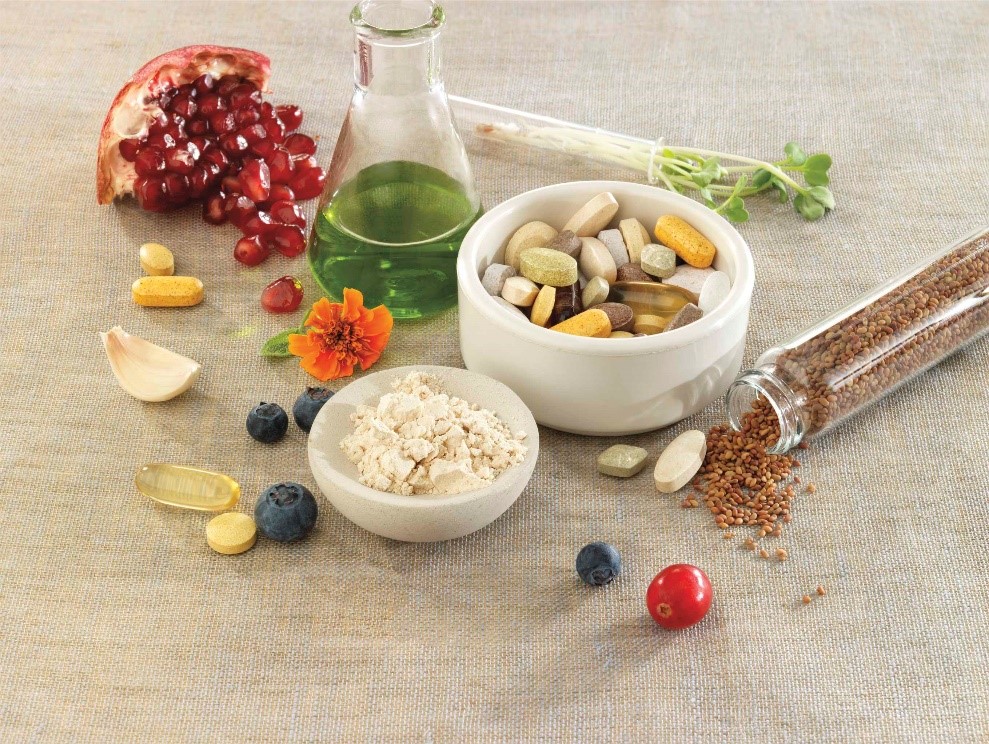Want to get started on the road to healthy living? Proper sleep, regular exercise, and eating well-balanced meals will help you get there. In case of dietary restrictions, taking supplements can help you and your family fill nutrition gaps. Read on if you are looking for ways to make the most out of your supplements.
When Should I Take My Vitamins?
Multivitamins

These are capsules or tablets that are packed with various vitamins and minerals. People who value convenience choose these over single-nutrient supplements.
Since multivitamins contain a combination of water and fat-soluble vitamins, they should be consumed after meals. Need to take more than one pill a day? It would be advisable to split the dose for maximum absorption. For instance, you can take one after lunch and another after dinner.
Vitamin C
This is an essential nutrient for overall health. It helps your body produce white blood cells, which strengthens your immunity against infections. Aside from this, Vitamin C also aids in collagen production, which is important for the maintenance of tendons and ligaments.
You can take this vitamin any time with or without a meal. However, if you experience problems with hyperacidity, you may opt to take it after eating to lessen its gastrointestinal reaction. Since it is water-soluble, this nutrient can't be stored in the body and is regularly expelled via urine, so you need to ingest ascorbic acid-rich food or supplements daily.
B Vitamins
There are B vitamin supplements that combine all 8 B vitamins into a single tablet. These nutrients promote healthy nerve function and can help you combat fatigue as well. If you want to make the most out of this supplement, it's best to take it in the morning so you can enjoy an extra burst of energy throughout the day.
You can ingest it with or without food. It's also safe to take on an empty stomach. Like Vitamin C, these nutrients are also water-soluble, so you must regularly consume food or supplements that are high in B vitamins to maintain a healthy level. Good sources of B vitamins include green leafy vegetables, nuts, and beef.
How much should I be taking?

To achieve a balanced diet, you should strive to include go, grow, and glow food in your everyday meals. Should gaps occur, supplements are there to help you meet your daily nutritional needs.
Check out this section to learn about the recommended dietary allowance (RDA) of certain nutrients. Aside from the RDA, there is also an upper limit (UL), the highest safe dose you can take per day. The UL often refers to both food and supplement sources.
Vitamin C

This nutrient fortifies the immune system. Load up on Vitamin C by eating potatoes, citrus fruits (like calamansi and dalandan), and broccoli. The RDA for women is 75 mg, and the one for men is 90 mg a day. Its upper limit is 2,000 mg per day.
Vitamin E
This one's a powerful antioxidant that minimizes cell damage and combats the harmful effects of free radicals. You can get it from plant-based oils (like olive, corn, and sunflower oil), mangoes, and peanuts. The daily RDA for men and women is 15 mg, while the UL for supplements is 1,000 mg per day. There is no UL for Vitamin E from food.
Iron
Iron is essential for the hemoglobin in your red blood cells. Hemoglobin is responsible for transporting oxygen from the lungs to your entire body. Excellent sources of iron include firm tofu, red meat, and eggs. For 19 to 50-year-olds, the daily RDA is 18 mg for women and 8 mg for men. For those who are 51 years old and above, the RDA for both men and women is 8 mg a day. Lastly, the UL for all ages is 45 mg a day.
Adding supplements to your diet is a great way of ensuring your daily nutritional requirements. You can maximize their benefits by taking the recommended daily dose and familiarizing yourself with the best time to take them.